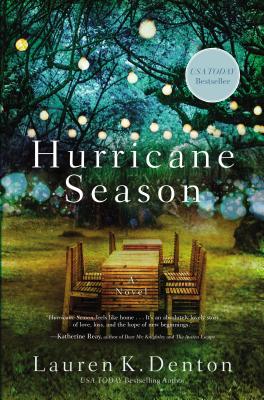
description
ticism, and first-rate science writing, New York Times bestselling author Jonah Lehrer's Proust Was a Neuroscientist urges science and art to listen more closely to each other, for willing minds can combine the best of both, to brilliant effect.
In this technology-driven age, it's tempting to believe that science can solve every mystery. After all, science has cured countless diseases and even sent humans into space. But as Jonah Lehrer argues in this sparkling debut, science is not the only path to knowledge. In fact, when it comes to understanding the brain, art got there first.
Taking a group of artists -- a painter, a poet, a chef, a composer, and a handful of novelists -- Lehrer shows how each one discovered an essential truth about the mind that science is only now rediscovering. We learn, for example, how Proust first revealed the fallibility of memory; how George Eliot discovered the brain's malleability; how the French chef Escoffier discovered umami (the fifth taste); how Cézanne worked out the subtleties of vision; and how Gertrude Stein exposed the deep structure of language -- a full half-century before the work of Noam Chomsky and other linguists.
Proust Was a Neuroscientist is the ultimate tale of art trumping science, demonstrating that there's a cost to reducing everything to atoms and acronyms and genes. Measurement is not the same as understanding, and art knows this better than science does.
In this technology-driven age, it's tempting to believe that science can solve every mystery. After all, science has cured countless diseases and even sent humans into space. But as Jonah Lehrer argues in this sparkling debut, science is not the only path to knowledge. In fact, when it comes to understanding the brain, art got there first.
Taking a group of artists -- a painter, a poet, a chef, a composer, and a handful of novelists -- Lehrer shows how each one discovered an essential truth about the mind that science is only now rediscovering. We learn, for example, how Proust first revealed the fallibility of memory; how George Eliot discovered the brain's malleability; how the French chef Escoffier discovered umami (the fifth taste); how Cézanne worked out the subtleties of vision; and how Gertrude Stein exposed the deep structure of language -- a full half-century before the work of Noam Chomsky and other linguists.
Proust Was a Neuroscientist is the ultimate tale of art trumping science, demonstrating that there's a cost to reducing everything to atoms and acronyms and genes. Measurement is not the same as understanding, and art knows this better than science does.
member goods
No member items were found under this heading.
Return Policy
All sales are final
Shipping
No special shipping considerations available.
Shipping fees determined at checkout.







